Policies & Procedures
Appraisal & Acquisition
Any member organization in good standing may add any items or collections documenting the history and culture of the people, places, or events of the Upper Peninsula of Michigan to the UPLINK database unless doing so would violate copyright or privacy laws and ethics. (For help with determining copyright and prioritizing what to put online, see the For Members page.)
Individuals possessing items or collections documenting the history and culture of the people, places, or events of the Upper Peninsula of Michigan may also contribute digital copies of their collections to UPLINK. Contact us at uplink@nmu.edu to learn more. UPLINK staff reserve the right to turn down individual donations.
Digitization Standards
Our digitization standards are based on the Federal Agencies Digital Guidelines Initiative (FADGI).
Learn more about what each service hub can digitize and how to digitize your own records on the For Members page.
- Text: 300 dpi and 24-bit color; TIF for preservation copy; PDF for access copy
- If the text is going to be run through OCR (Optical Character Recognition, a software that makes scanned text computer-searchable), a higher dpi might make the OCR more accurate. If there are small details, a higher dpi might also be useful.
- Still Images: 600 dpi and 24-bit color; TIF for preservation copy; JPG for access copy
- The ideal dpi varies greatly depending on how fine the details in the images are. 600 dpi and 24-bit color is typical, but a couple of test scans at different dpis should be run at the start of each project to see if a higher dpi is needed to pick up all the details or if a lower dpi is sufficient.
- Audio: sample rate 96 kHz, 24 bit depth, stereo channels; WAV for preservation copy; MP3 for access copy
- Video: MOV for preservation copy; MP4 for access copy
File Naming Conventions
Each digital collection will have a standard file naming system that includes the identifier of the collection as well as some unique item identifier. Depending on what makes the most sense for the collection, that might be a date, a name, or consecutive numbers.
Digital Preservation
UPLINK is committed to several basic digital preservation strategies for all materials accepted into the network:
- We will save all digital records as open-source/common file formats.
- We will maintain one access copy of your files on our server as well as two preservation copies on two different hard drives.
- We will do regular fixity checks every six months to find corruption.
- We will refresh our hard drives every seven years.
- If one of the file formats that we use for digitization is going obsolete, we will migrate the files to a new file format.
- In addition, UPLINK staff can train heritage organizations to maintain a second backup copy of their own files, allowing for geographical separation of the copies.
- UPLINK plans to be a member of the new Michigan Digital Preservation Network (MDPN), a LOCKSS (Lots of Copies Keep Stuff Safe) network. MDPN is a member-governed, collaborative organization dedicated to preserving Michigan’s digital cultural heritage materials and leveraging our shared resources to make digital preservation accessible to all institutions.
Metadata Standards
Collection-Level Metadata: UPLINK staff create DACS-compliant (Describing Archives: A Content Standard) EAD (Encoded Archival Description) finding aids.
Item-Level Metadata: Items are described using the MODS (Metadata Object Description Schema) metadata standard. We use LCSH (Library of Congress Subject Headings) for our subject headings.
Takedown Policy
Heritage organizations that submit their collections to UPLINK are responsible for ensuring that their collections are in the public domain or making a diligent, good faith effort to find and obtain the permission of the copyright holder. UPLINK endeavors to double-check copyright status and to look for sensitive and private information in collections.
However, despite our best efforts, it is always possible that something has slipped through the cracks. If you are the copyright holder of an item in our collection and do not want it online, please contact us. After confirming that you are the copyright holder, we will take the item down. If you see any private information about yourself that you do not want online, please contact us and we will take it down. Please submit takedown requests or copyright concerns by emailing uplink@nmu.edu.
